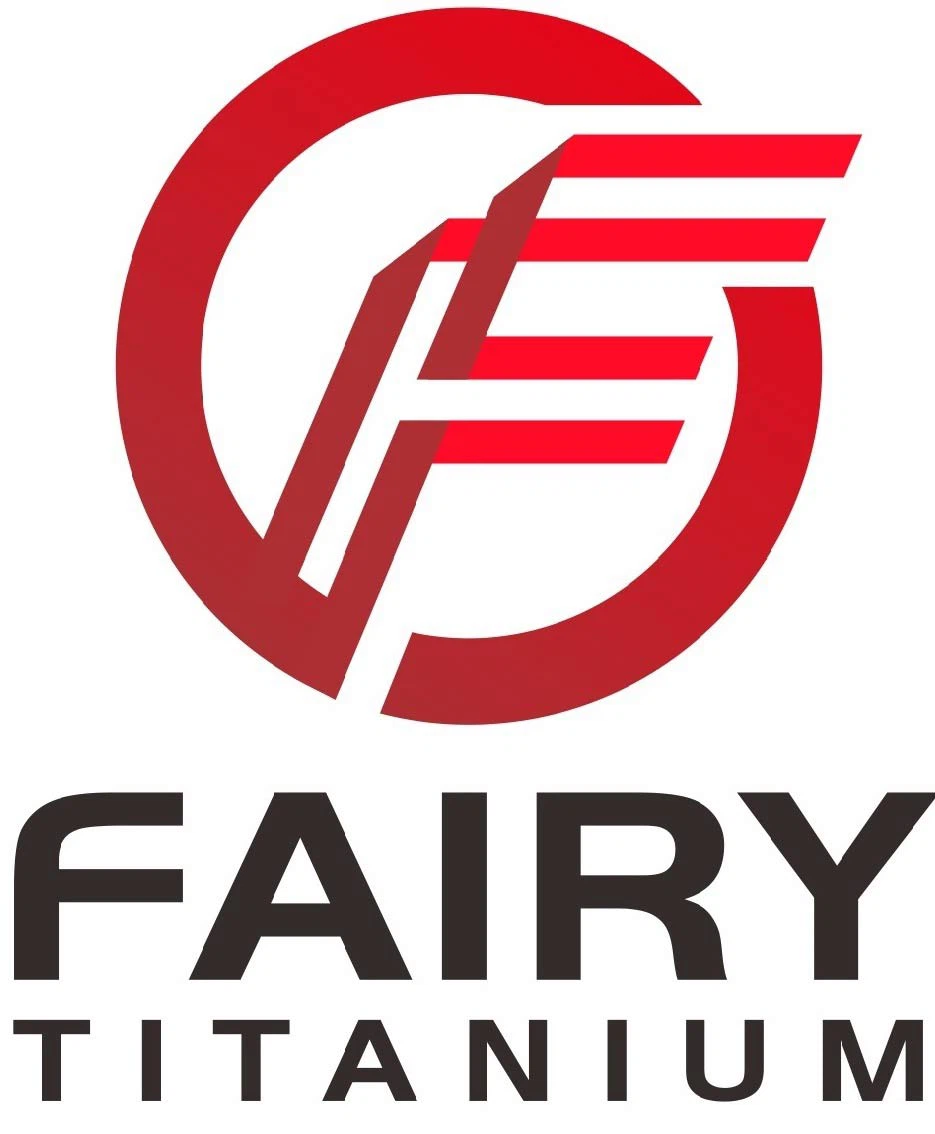Fixing the flat plate or hollow blank on the die of the spinning machine is known as spinning. It is pressed on the blank with a spinning wheel or a driving rod to create local plastic deformation while the blank spins with the machine's main shaft. Under the joint action of the feed motion of the rotary wheel and the rotary motion of the blank, the local plastic deformation is gradually extended to all the surfaces of the blank and is close to the die to complete the spinning process of the parts.
The advantage of spinning processing is that the equipment and mold are relatively simple (a lathe can be used to replace it when there is no special spinning machine). In addition to forming revolving bodies such as cylinders, cones, paraboloids,s or other curved bodies, it can also process revolving parts of quite complex shapes. The disadvantages are low productivity and high labor intensity, which are suitable for trial production and small batch production.
The forging die of the titanium dish end will bear a higher load during spinning, to prevent wear and adhesion, it is required to utilize a high-strength forging die and a hard lubricating film treatment procedure. In this process, in order to prevent the billet from cracking, intermediate annealing is carried out when necessary to ensure the required deformation capacity. In order to maintain good lubrication, the stainless steel head can be phosphatized on the blank.

If there are splicing welds in titanium dish head products, a welding process card and corresponding welding process qualification shall be provided. According to different head materials, the welding methods adopted mainly include electrode arc welding, submerged arc automatic welding, gas-shielded welding, etc. The plate thickness range is relatively wide, which are all factors to be considered in the welding procedure qualification process. It is particularly emphasized here that the post-weld heat treatment. There are cold pressing and hot pressing (equivalent to post-weld heat treatment) in the head pressing process, and some of them also need post-weld heat treatment after forming. For the same material, there may be several types of post-weld heat treatment, and there may be no heat treatment (cold-pressed head). They should be evaluated separately. In addition to the material group, welding method and thickness range, heat treatment type shall be specially considered for the welding procedure qualification of the head manufacturer. One at a time, the welding procedure qualification supervisor must inspect and confirm. Control of heat treatment. Generally, the cold-formed elliptical and dished heads of carbon steel and low alloy steel shall be subject to stress relief annealing heat treatment, and some hot-formed heads with special requirements shall also be subject to annealing heat treatment. Stainless steel hot-pressed elliptical and dished heads shall be solution treated.

In addition, if a large head is assembled, the surplus height of the splicing weld should not be too high, otherwise, there will be a lot of friction between the weld and the die during stamping, which will hinder the metal flow. If the strength of the weld zone is higher than that of the base metal, bulging will occur due to uneven deformation during stamping. Therefore, the weld reinforcement must meet the specified requirements and is related to the plate thickness. In addition, welds close to the edge of the plate shall be ground smooth to reduce friction during stamping.

By reading the above contents, we can understand the pressing process and stamping spinning process of titanium dish heads. The head is an indispensable and important component in pressure vessel equipment in the food pharmaceutical, petrochemical, and even atomic energy industries. Its quality is directly related to the long-term safe and reliable operation of the pressure vessel, and it can not be disassembled after welding. Therefore, whether the stamping process is carried out according to the steps is crucial. For more information, please contact us at sales@tmsalloy.com.







